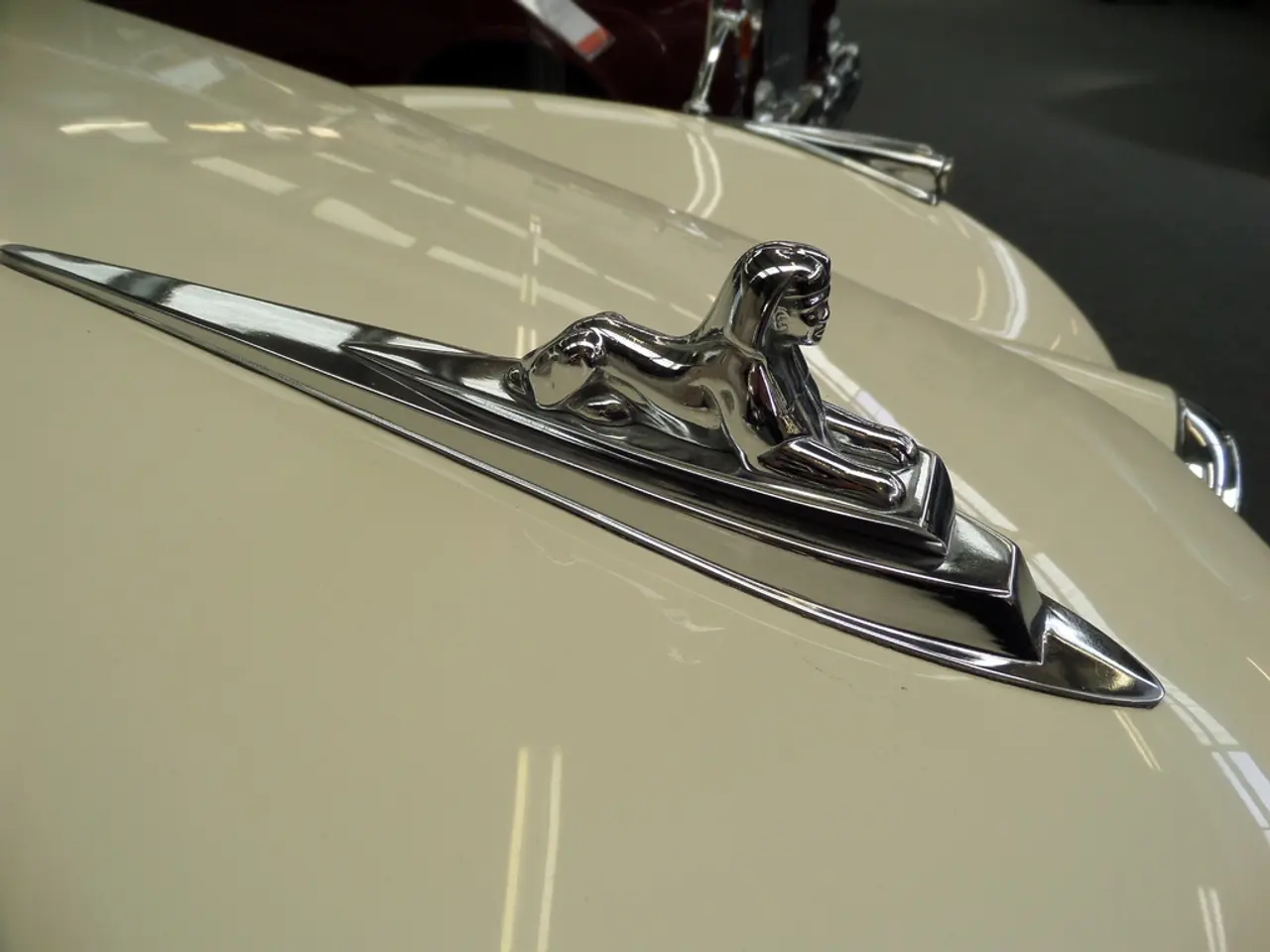Chinese brands' entrance heralds potential start for electric vehicle battery manufacturing in Brazil
In the heart of South America, Brazil is navigating a significant shift towards electric mobility, with Vinicius Alvarenga, CEO of Companhia Brasileira de Lítio (CBL) and an executive at the Brazilian Electric Vehicle Association (ABVE), leading the charge.
Alvarenga is currently analysing the opportunities and challenges facing Brazil in consolidating a local battery industry. The entry of Chinese brands, such as BYD, into the Brazilian market is a potential game changer for the automotive sector.
Brazil, however, has yet to master local battery production. The absence of policies promoting the use of large energy storage systems hinders their widespread adoption, a critical factor in solving the disparity in electricity distribution, particularly in remote areas of the country.
The growth of electromobility in Brazil is linked to the implementation of public policies that incentivize infrastructure development and the adoption of electric vehicles. Alvarenga stresses that electric mobility in Brazil needs state policies to encourage the development of charging infrastructure and the purchase of electric vehicles.
President Lula da Silva's program, MoVer, aims to promote investments in energy efficiency, reduce taxes for those who pollute less, and provide fiscal incentives for companies to invest in Brazil. However, as of September 2025, there is no evidence that the Brazilian government has published concrete new policies specifically focused on expanding charging infrastructure or promoting domestic battery production.
The scarcity of charging infrastructure is a major obstacle to the growth of electric mobility in Brazil, particularly in rural and remote areas. Consumers in Brazil often opt for plug-in hybrid vehicles due to the scarcity of chargers, as distance plays a key role in the country.
BYD, a Chinese brand, has entered the Brazilian market and established a plant in Camaçari, illustrating the potential for accelerating local factory establishment. Alvarenga believes that there is still time before the charging infrastructure meets market needs.
The boom in the Brazilian automotive market sees Chinese automakers competing with more accessible prices and an attractive offering. CBL, a Brazilian company that produces key chemicals needed for batteries, currently exports all its material.
Without a regulatory framework that favours the expansion of charging points and stimulates local battery production, Brazil will continue to be halfway through its transition to zero emissions. Alvarenga emphasises that state action is crucial in encouraging the development of electric mobility in Brazil.
Read also:
- visionary women of WearCheck spearheading technological advancements and catalyzing transformations
- Recognition of Exceptional Patient Care: Top Staff Honored by Medical Center Board
- A continuous command instructing an entity to halts all actions, repeated numerous times.
- Oxidative Stress in Sperm Abnormalities: Impact of Reactive Oxygen Species (ROS) on Sperm Harm








